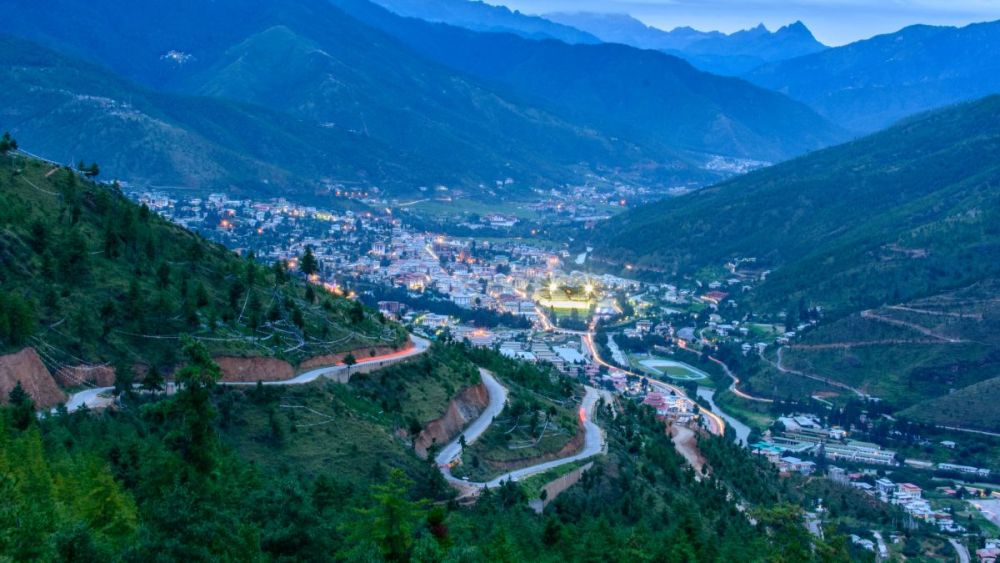

The quaint town of Gelephu in Bhutan has a rich tapestry woven with tradition, natural beauty, and burgeoning tourism. Situated in the Sarpang District, this border town has been a gateway to the subtropical plains, elevating its status as a significant player in Bhutan's tourism history.
Historically, Bhutan carefully opened its doors to foreigners in 1974 as a means of promoting a controlled and sustainable tourism that would help preserve its unique culture and pristine environment. Gelephu, with its strategic position close to the Indian border, became an important entry point for tourists looking to explore the less-trodden paths of Bhutan.
In the early days, Gelephu saw a modest number of visitors, mainly intrepid travelers and explorers attracted by the promise of untouched landscapes and the charm of a culture that had remained isolated from the world for centuries. The tourism infrastructure was basic, with limited accommodations and amenities.
As the government recognized the potential of tourism as a source of national revenue and a way to create jobs, efforts were made to develop Gelephu's infrastructure. Improved road connectivity, the establishment of the Gelephu Airport, and the enhancement of hospitality services contributed to the town's growing appeal to tourists.
Bhutan's philosophy of Gross National Happiness has been a cornerstone of its approach to tourism, placing the well-being of its citizens and the environment above mere profit. Gelephu, like many destinations in Bhutan, follows a sustainable tourism model that respects the local ecosystem and promotes the conservation of its rich cultural heritage.
The latest trend in Gelephu's tourism echoes the global movement towards experiential and sustainable travel. Tourists are seeking authentic experiences that allow them to immerse themselves in the local lifestyle, culture, and nature.
Eco-tourism initiatives have gained traction, with opportunities to explore the Royal Manas National Park, which showcases Bhutan's incredible biodiversity. Visitors can witness endangered species such as the Royal Bengal tiger, Asian elephants, and the elusive clouded leopard in a responsible manner.
Travelers are also exploring cultural immersion experiences like participating in traditional Bhutanese festivals, learning about the local crafts, and enjoying the unique flavors of Bhutanese cuisine. Homestays have become a popular choice for accommodation, providing a window into the everyday lives of the Bhutanese people.
The serene environment of Gelephu is an ideal backdrop for wellness tourism. The traditional practice of Sowa Rigpa medicine, hot stone baths, meditation, and yoga retreats offer visitors a chance to rejuvenate the body and spirit amidst the tranquility of the Bhutanese landscape.
The future of tourism in Gelephu is poised to grow sustainably, with continued emphasis on preserving the authenticity that has defined Bhutan's allure. Plans to enhance visitor experiences while maintaining ecological balance and cultural integrity are central to Gelephu's ongoing tourism journey.